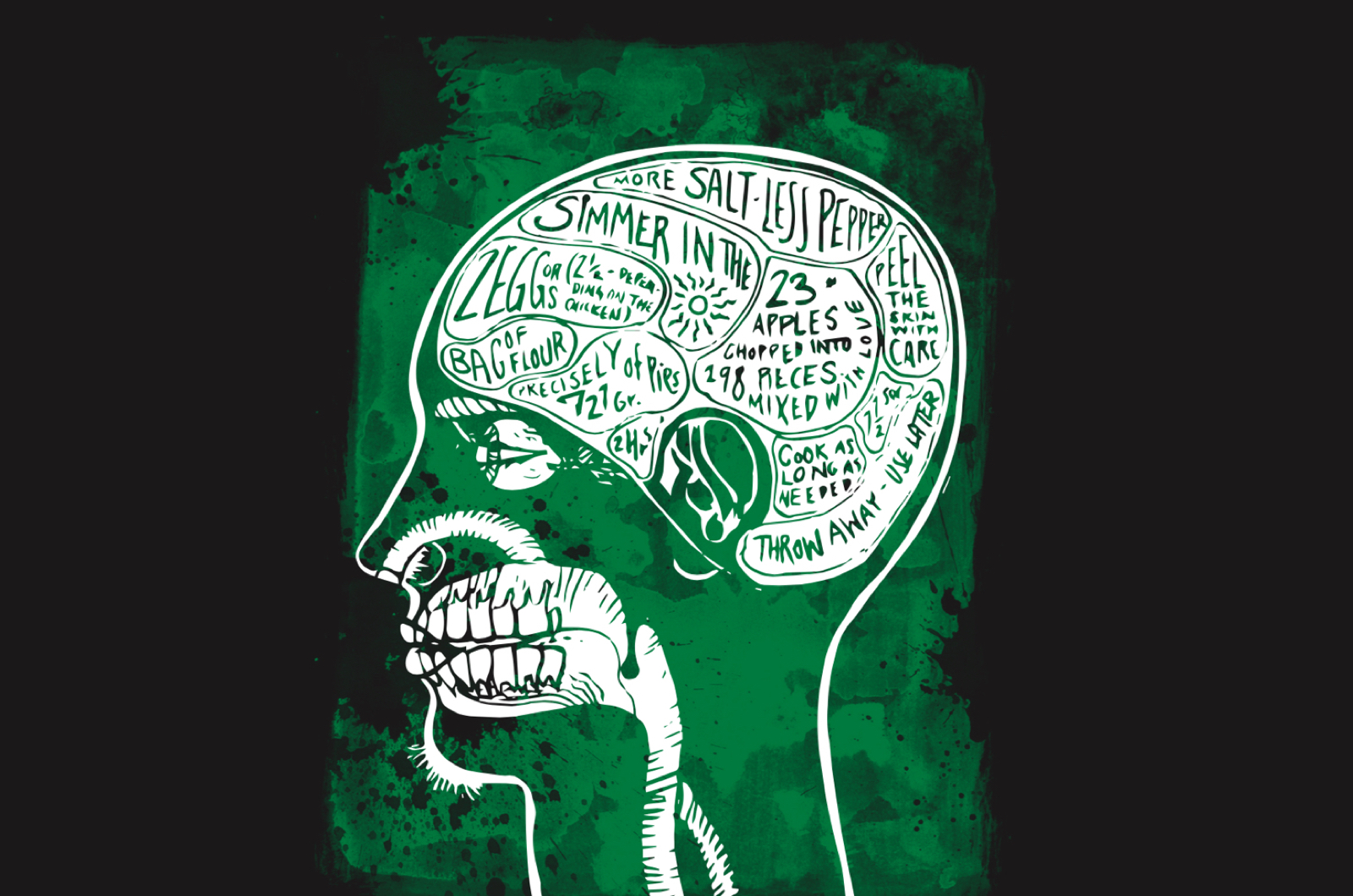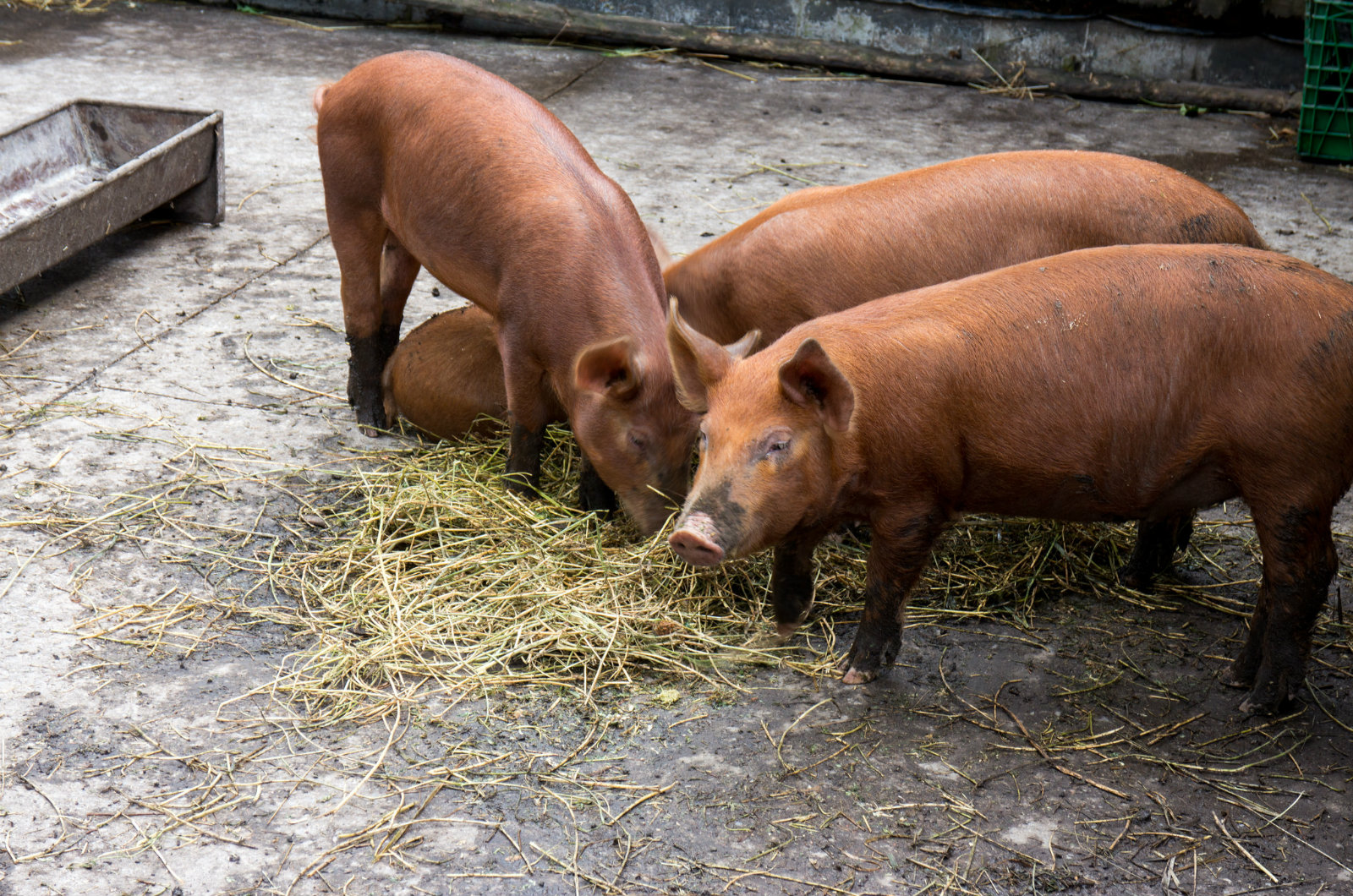How To Be a Non-Conformist
The restaurant Silo, formerly of Brighton, now of London, is unlike any other in the world. That’s the kind of thing that a bright young publicist would write at the top of a press release. But in Silo’s case, it’s not PR hype. If anything, it’s an understatement.
It’s not just that Silo is a zero-waste restaurant or even that it takes that commitment nearly as far as it can go, far beyond the repurposed coffee grounds and composted cardboard that characterize other zero-waste places to a closed-loop system that shines a light on the absurdities in the industrialized food system. It’s that the restaurant is a pretty close reflection of Douglas McMaster’s mind, and that mind–a strange and wonderful place–is one that actively pursues its own freedom. In a world in which most of us feel the constant low hum of pressure to conform, he is that rare spirit who has figured out a way to do the opposite.
“There are no rules at Silo,” he says. “I think of the restaurant as being like that moment when the school bell rings and all the kids just run out wild into the yard. If I want to express myself in a way that is a little bit radical, I have the freedom afforded to me by the universe to do that.”
Doug Meets The Missing Trash Can
Silo’s originality sprang from a challenge that Dutch artist Joost Bakker issued to McMaster, back when the chef was living in Sydney: could he create a restaurant without a trash bin? And indeed, Silo ensures that 85-95% of the produce that comes into the restaurant ends up in guest or staff bellies, with the remainder being recycled into other products or composted. Ingredients like flour and butter are milled and churned in-house, and the restaurant works directly with purveyors to ensure that deliveries arrive in reusable containers. Lamp shades are crafted from mycelium, plates from recycled plastic bags, and broken glasses get ground down and turned into new glasses. It is as close to a closed-loop system as McMaster can make it.
Driving the project is a sense of almost uncomprehending outrage at what he sees around him. “The food system is absurd–it’s so fucking stupid,” McMaster says. “Industrial agriculture is literally killing the planet. There is a loss of nature, a loss of trees, a lot of loss of nutrients, a loss of biodiversity. And all because of this one very dumb form of agriculture, that says let’s grow one crop in an endless plane of soil.”
In that sense, zero waste doesn’t go far enough for McMaster. “That’s just something the press got excited about. But that was really just the start. Taking away the bins was a catalyst for understanding our relationship with nature. Silo became a mirror to ecosystems, to regenerative agriculture, to biodiversity, to soil health. That’s what Silo really is: an extension of nature.”
For a moment, a surge of his inherent modesty and self-deprecation rears to the surface. “That sounds super woo-woo. Please don’t think that I’ve got it all figured out. We struggle every day. We don’t make much money from it. It’s not some prosperous temple where everything’s kumbaya, it’s really not. But yeah: we are trying to hold a mirror to the absurd nature of the food system and show what one based on nature would look like.”
Doug Meets Nietzsche
How has he managed to carve his own very distinctive path? McMaster is quick to point out that his neurodivergence helps. So did a rough time in school. “I was a very, very miserable teenager, and my emotional and psychological constitution is formed by that suffering. I couldn’t do school; my dyslexia and ADHD were never recognized and I was just labeled ‘stupid.’ It’s unconscious behavior, but I think that’s why I have this genuine resentment of conformity. Because my experience of school was where everybody was doing the same things and they were flourishing and having such a great time, and I was resentful because that was not my experience.”
He’s cultivated that anti-conformity ever since. He reads widely (Stoic philosophers and Yuval Noah Harari are favorites) and he seriously vibes with Joaquim Phoenix’s Joker. He is constantly trying to push himself out of what he calls metacognitive patterns, by which he means the stories we as a society tell ourselves that shape and limit the ways we think. “The metacognitive is like a snow globe–we’re all in a snow globe in our own heads, and that shapes how we all think. But if you can get outside that snow globe, and witness yourself in it, you get a very different perspective on your own behavior.”
It hasn’t always been easy. Although the restaurant is now “as buoyant within the industry as any other,” and has been recognized with a Michelin green star, Silo nearly went bankrupt on at least one occasion. Which, he says, is ok. “I don’t want to be the person who is just handed success on a plate, I want to fight for it. I want to prove against adversity that this idea is stronger than all of the bullshit.”
He’s gotten his chance–a few times. If McMaster ever needed a lesson in that old Nietzsche saying about what doesn’t kill you makes you stronger, one came in 2017. Soon after announcing that he was moving the restaurant to London, he interviewed with a Brighton trade publication and gave a decidedly undiplomatic reply to the journalist’s question about why he was making the move. “I answered sloppily, and said something about London is a very progressive city and Brighton isn’t London,” he recalls.
A local newspaper picked up the story (with a headline, as McMaster recalls it, along the lines of ‘Hipster Chef Says His Food Too Intelligent for Brighton,” and over the next few weeks, a small snowball of outrage over his ill-considered words grew into a raging avalanche. “They were on me like hyenas on a wounded antelope,” he says. “It was pure trauma.”
But at one point during that painful experience, McMaster something happened that helped him transform it. He was in Hackney Wick, when he came across a phrase that triggered something in his mind: wear your shame like armor. “I saw that what I’d been doing was burying my shame: deleting messages, trying to hide the negative press. But this idea of owning the shame, of just saying, ‘Look, I’m human, I made a mistake. You can judge me, you can do whatever you want, but just fuck it. This is who I am’ –it gave me the most incredible sense of catharsis and freedom.”
Doug Meets Hope
He rejects the notion that embracing that freedom takes courage. “It only takes courage if your mindset is in the snow globe, where you’re worried about condemnation and judgment.” And he admits that he is hardly free of the fear himself. “I am absolutely in chains. I am just as concerned as anyone about Silo failing or about me doing a bad job. I’m not enlightened in that way, unfortunately. But in these conversations, my mind will at least allow me the freedom to think about the way that we’re talking, and to recognize that we’re trapped in our own minds, in the stories we tell ourselves.”
He sees glimmers of hope that others are making the same break, taking the first steps toward that kind of awareness. “If you look at the last two hundred years of human history, which is when industrialization really got underway, it’s like we’re only starting to have awareness of that,” he explains. “It’s like a child going from the age of one and a half to one and three quarters, and struggling to walk, and then all of the sudden it kicks in. Hopefully, that’s what will happen to us: the understanding will kick in and we’ll appreciate that we are nature and we are killing ourselves. And then we’ll suddenly spring into action.”
He’s convinced that it’s possible. “I was a 26-year-old school dropout who had never been a head chef and opened Silo with 33,000 pounds. If I can succeed and have years of a zero-waste restaurant, oh my god, just imagine if you got some really smart people together and actual investment. Imagine what we could do.”
–
Illustration by Sofie Kampmark




